Early-Career Researcher Resource Center
Recent articles
News, perspectives and resources to help navigate the early stages of your neuroscience career
FEATURED PERSPECTIVES

Frameshift: At a biotech firm, Ubadah Sabbagh embraces the expansive world outside academia
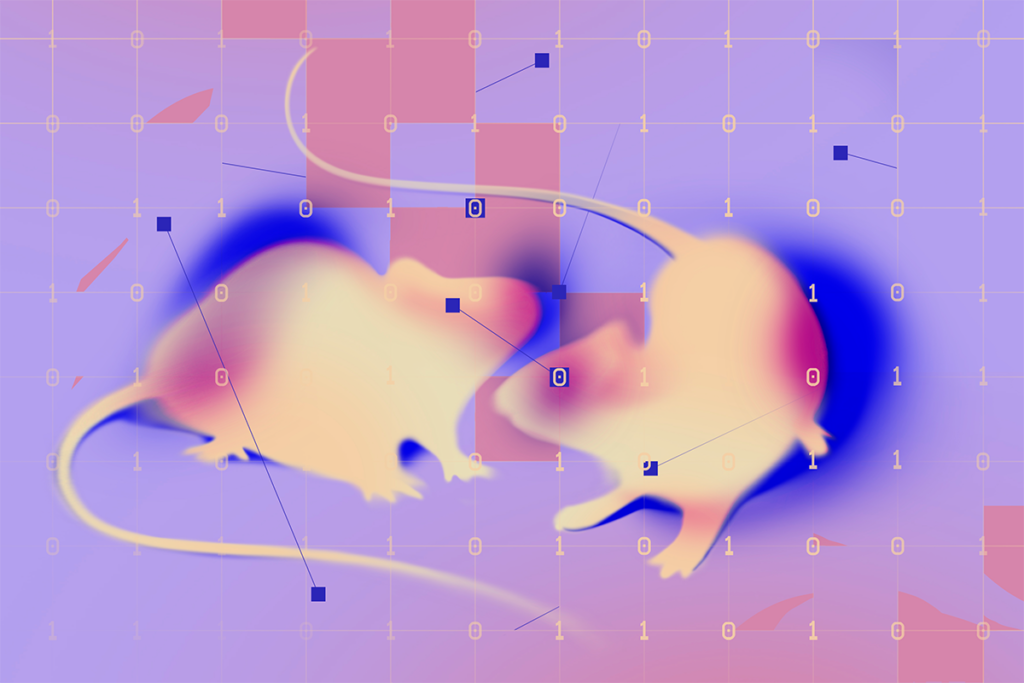
How artificial agents can help us understand social recognition

Frameshift: Shari Wiseman reflects on her pivot from science to publishing
FEATURED NEWS

The Transmitter ’s Rising Stars of Neuroscience 2025
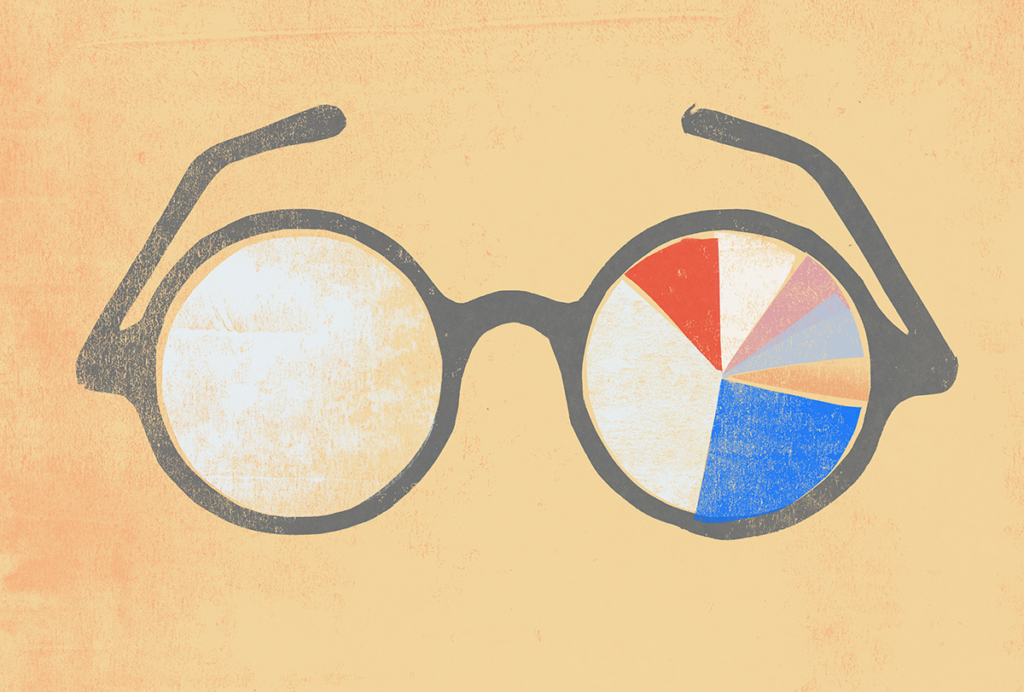
How have funding cuts affected early-career scientists’ futures?
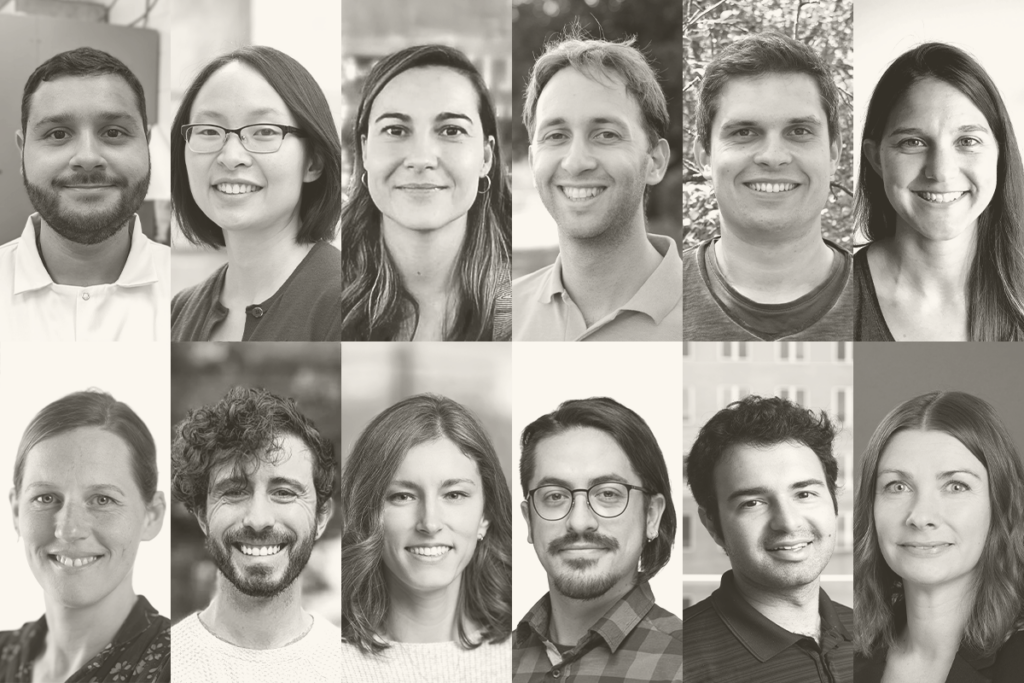
The Transmitter’s New Lab Directory
RESOURCES
Early-career researcher action potentials
Upcoming webinars
Decoding stress vulnerability
Honorary Lecture 2026
News and perspectives

Neuroscience’s leaders, legacies and rising stars of 2025
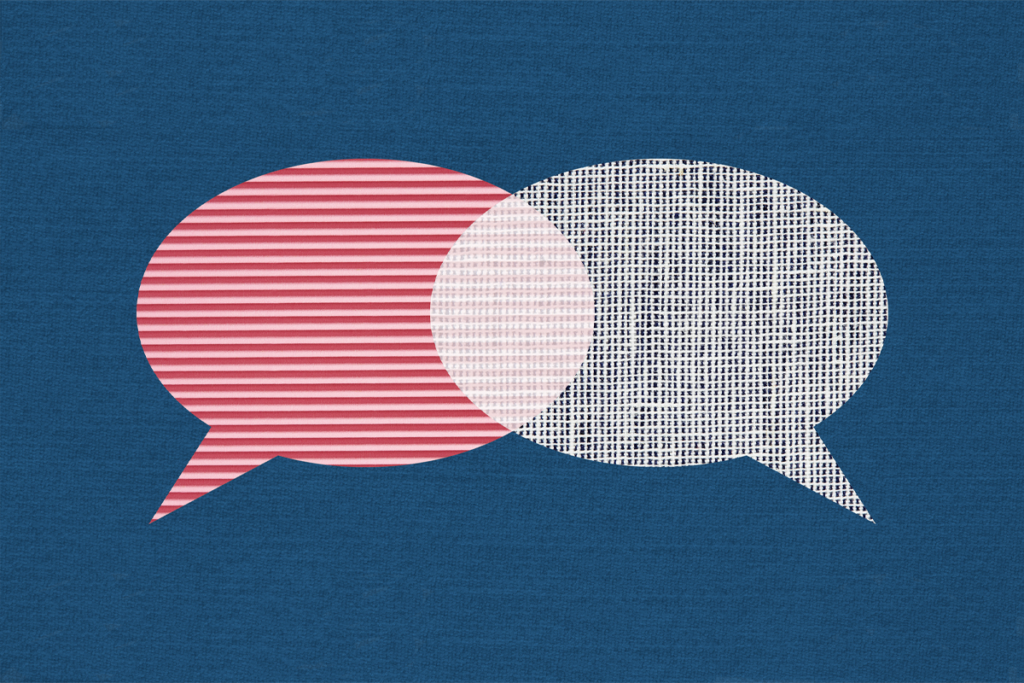
Talking shop: The Transmitter’s top quotes of 2025

The state of neuroscience in 2025: An overview
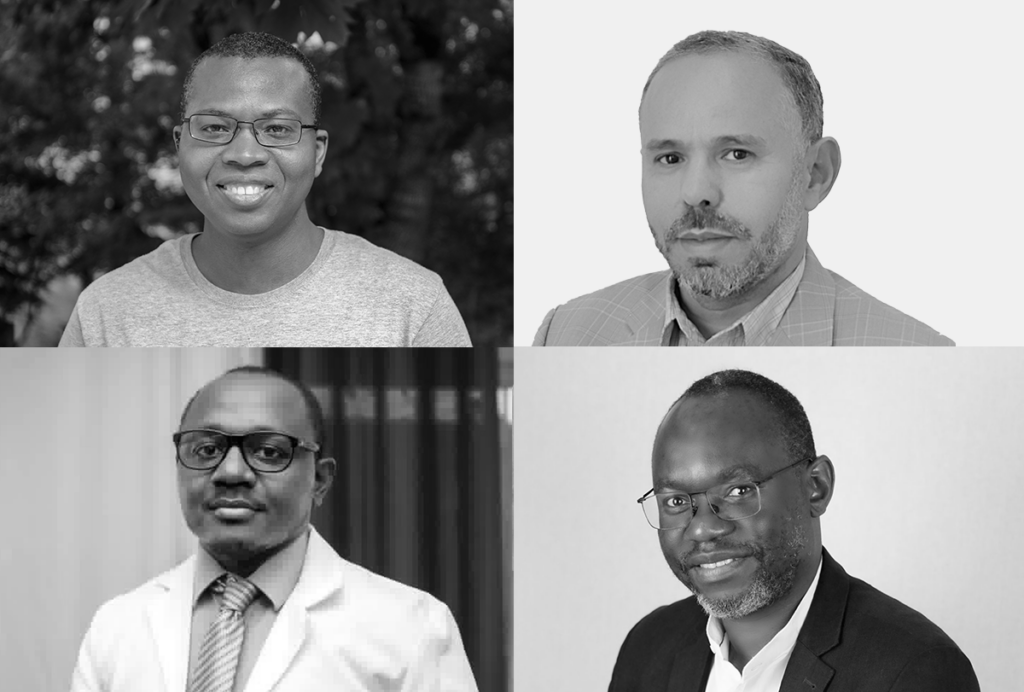
First Pan-African neuroscience journal gets ready to launch
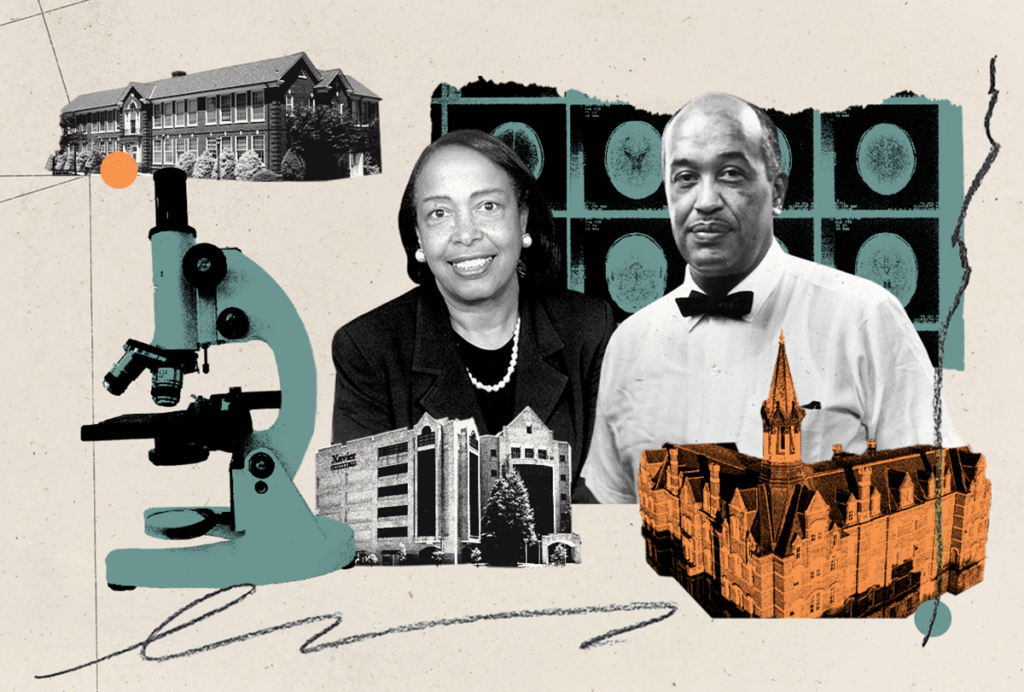
Building the future of neuroscience at HBCUs

What U.S. science stands to lose without international graduate students and postdoctoral researchers
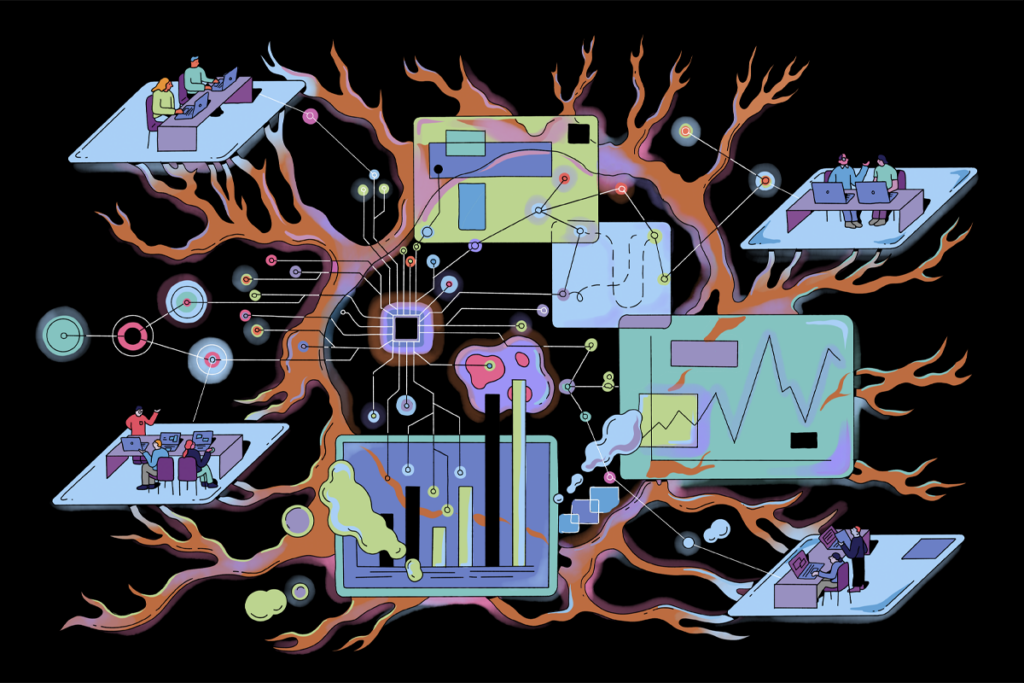
How to build a truly global computational neuroscience community

What kinds of support do early-career researchers need?
INSAR takes ‘intentional break’ from annual summer webinar series
The International Society for Autism Research cited a need to “thoughtfully reimagine” its popular online program before resuming it in 2026.

INSAR takes ‘intentional break’ from annual summer webinar series
The International Society for Autism Research cited a need to “thoughtfully reimagine” its popular online program before resuming it in 2026.
On the importance of reading (just not too much)
The real fun of being a neuroscientist, and maybe the key to asking and answering new questions, is to think big and take intellectual risks.

On the importance of reading (just not too much)
The real fun of being a neuroscientist, and maybe the key to asking and answering new questions, is to think big and take intellectual risks.
Neuroscience needs to empower early-career researchers, not fund moon shots
Large-scale projects run the risk of stifling scientific independence. Instead, let’s explore alternative mechanisms of collaboration.
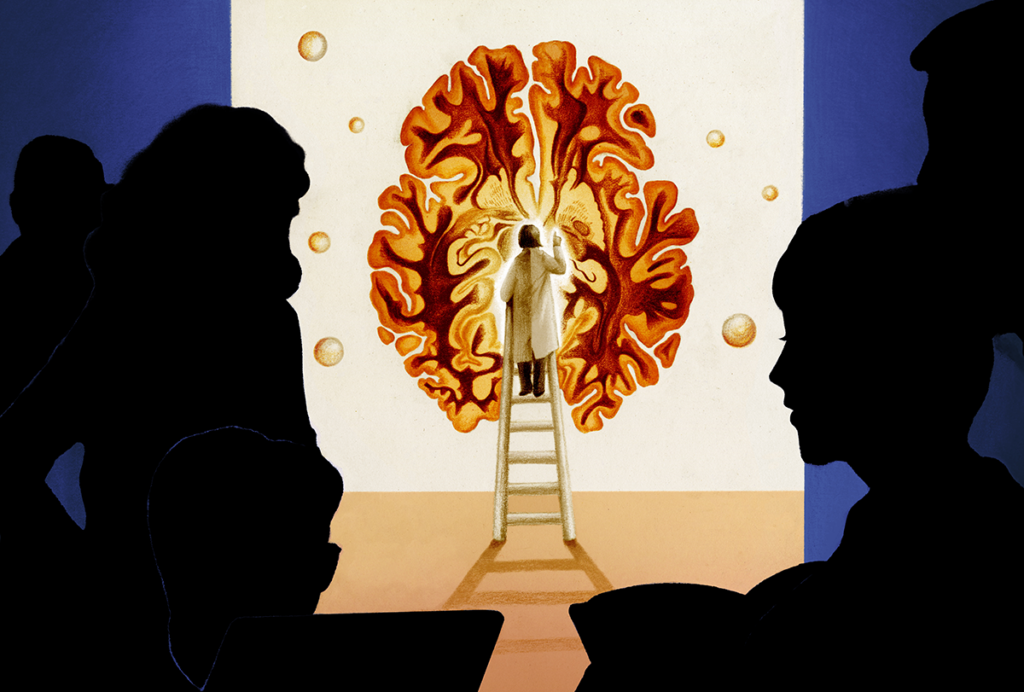
Neuroscience needs to empower early-career researchers, not fund moon shots
Large-scale projects run the risk of stifling scientific independence. Instead, let’s explore alternative mechanisms of collaboration.
NIDA shutters diversity fellowship program, axes active awards
It’s unclear if the cancellation at the U.S. National Institute on Drug Abuse extends to the fellowships awarded by other institutes within the National Institutes of Health.

NIDA shutters diversity fellowship program, axes active awards
It’s unclear if the cancellation at the U.S. National Institute on Drug Abuse extends to the fellowships awarded by other institutes within the National Institutes of Health.
Federal funding cuts imperil next generation of autism researchers
As the International Society for Autism Research’s annual meeting begins, its next president reflects on a brewing crisis.

Federal funding cuts imperil next generation of autism researchers
As the International Society for Autism Research’s annual meeting begins, its next president reflects on a brewing crisis.
Explore more from The Transmitter
Organoid study reveals shared brain pathways across autism-linked variants
The genetic variants initially affect brain development in unique ways, but over time they converge on common molecular pathways.

Organoid study reveals shared brain pathways across autism-linked variants
The genetic variants initially affect brain development in unique ways, but over time they converge on common molecular pathways.
Single gene sways caregiving circuits, behavior in male mice
Brain levels of the agouti gene determine whether African striped mice are doting fathers—or infanticidal ones.

Single gene sways caregiving circuits, behavior in male mice
Brain levels of the agouti gene determine whether African striped mice are doting fathers—or infanticidal ones.
Inner retina of birds powers sight sans oxygen
The energy-intensive neural tissue relies instead on anaerobic glucose metabolism provided by the pecten oculi, a structure unique to the avian eye.

Inner retina of birds powers sight sans oxygen
The energy-intensive neural tissue relies instead on anaerobic glucose metabolism provided by the pecten oculi, a structure unique to the avian eye.